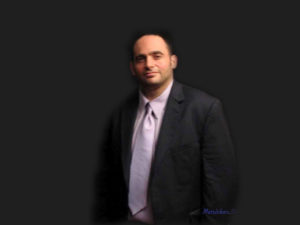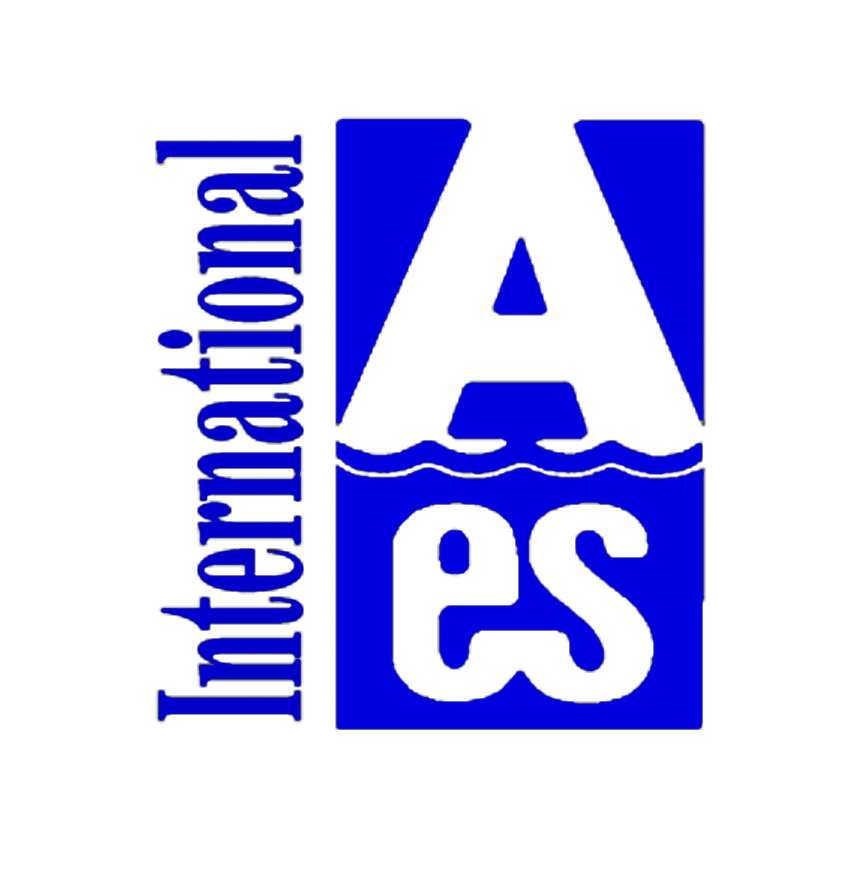Brian Sloboda, Ph.D

Dr. Sloboda is currently an economist at the U.S. Department of Labor in Washington DC and also was an economist at the U.S. Department of Transportation, Bureau of Transportation Statistics, and U.S. Department of Commerce, Bureau of Economic Analysis. He also currently teaches at the University of Maryland Global Campus and the University of Phoenix. Brian published articles in several peer-refereed journals. Also, Brian has served as a reviewer for the Best Undergraduate Paper Award Competition (BUPA) for the International Atlantic Economic Society (IAES) Fall Conference. Brian is also an Accredited Professional Statistician® via the American Statistical Association. He is also a research fellow with the Global Labor Organization (GLO) since October 2017.
He edited a volume for J Ross Publishers on Transportation Statistics which was published in 2009. In January 2013 he published as a coeditor along with Kalamogo Coulibaly and Chandrasekhar Putcha, Econometric and Forecasting Models by Mellon Press. He also coedited Interacting Factors Between Physical Health, Mental Health, and A Long Quality Life, with Chandrasekhar Putcha and Siddharth Rana in June 2020 under Balboa Press. He also coedited in July 2020 with Yaya Sissoko (Indiana University of Pennsylvania) Applied Econometric Analysis: Emerging Research and Opportunities, IGI Global.
He is also a committee member for the Federal Forecasters Consortium (FFC) and an ex officio board member for the Pennsylvania Economics Association. He is the former president of the Society of Government Economists (SGE) as well as a former vice president and treasurer and now serves as the executive director. He was an active member of the board of directors for the Transportation Research Forum Washington DC chapter. Currently, he is the president of the chapter. Also, Brian is an officer for the Association for Integrity and Responsible Leadership in Economics and Associated Professions (AIRLEAP).
He is currently an assistant editor for the Journal of Economic Insight and a senior social science editor for the European Scientific Journal. He is also the book review editor for the Review of Regional Studies, the official journal of the Southern Regional Science Association (SRSA).
Why did you become a member of the International Atlantic Economic Society?
I remember meeting a colleague, Kalamogo Coulibaly, when he started at the US Postal Service in 2008. I have not seen him in a few years and did not know he was coming to USPS as a pricing economist. Anyway, he was not able to attend the IAES in Montreal in October 2008, so he adjusted the paper so I would be a coauthor on paper. Then, I also worked on the paper before the conference diligently. While at the Montreal conference, I had a great experience and decided to attend the conferences when practically possible. Ever since I have kept my membership to the IAES.
Also, it is important to attend scientific conferences because it is a good opportunity to meet other economists in similar fields, to collaborate with others, and to interact with other economists by serving as a chair or a discussant in a session. I do hope someday to serve on the board of IAES.
What types of projects/research are you currently working on and what inspired/motivated you to pursue these interests?
My areas of interest are regional economics, economic growth, economic ethics, and labor economics. Recently, I developed an interest in blockchain economics which I think will become a major influence on economics, politics, and society, in general
What advice would you give to someone who is considering entering your line of work/field of study?
For graduate students and other economists, make sure you like the topic that you are researching. Also be sure to keep with the econometric methods, and do not expect anyone to be persuaded by econometrics as contained in textbooks and learned in your courses. That is, you need to think beyond the textbooks and course content.
Your proposed research interests would require reading a variety of papers on the topic that you are interested in. Do not forget to review the econometric methods because the methods do change! Also do not be afraid to branch out and engage in research in other areas that you find interesting. The latter can be a result of reading papers, attending conference sessions, teaching courses you never taught before, etc. After you complete a research paper, it is an exciting feeling because you were able to complete it and benefit from the instilled drive to keep you going.
Going forward, what other projects/research are you looking to or hoping to pursue?
I will continue working on the above-mentioned research topics because I enjoy these topics and the collaborations that I have with other economists. I have started to examine the economic impacts of the covid-19 pandemic on macroeconomics, namely the G-20 countries. Also, I want to delve more into blockchain economics as well.
What’s your favorite hobby?
I find it enjoyable to travel and immerse myself in the local cultures. I always find it interesting to meet other people and learn about new cultures. I also like to learn about the local history of these traveled areas. The history is often fascinating and makes you think!

